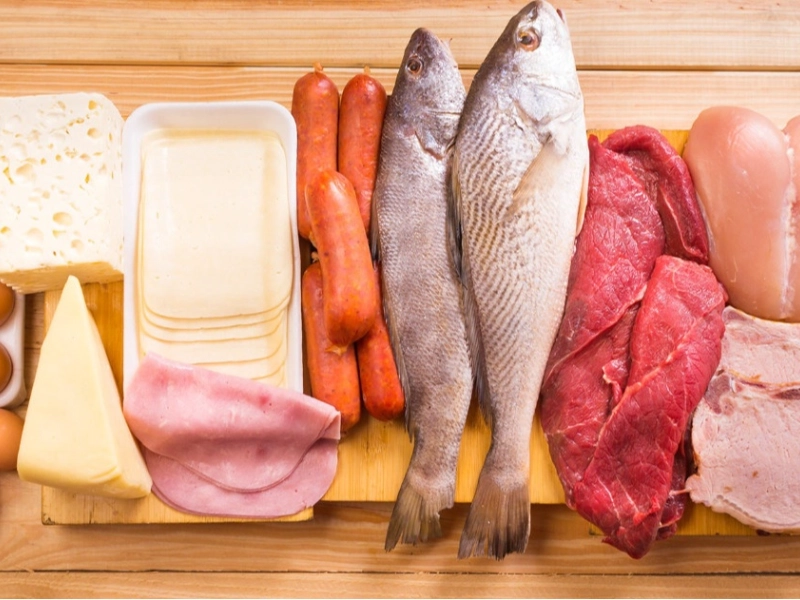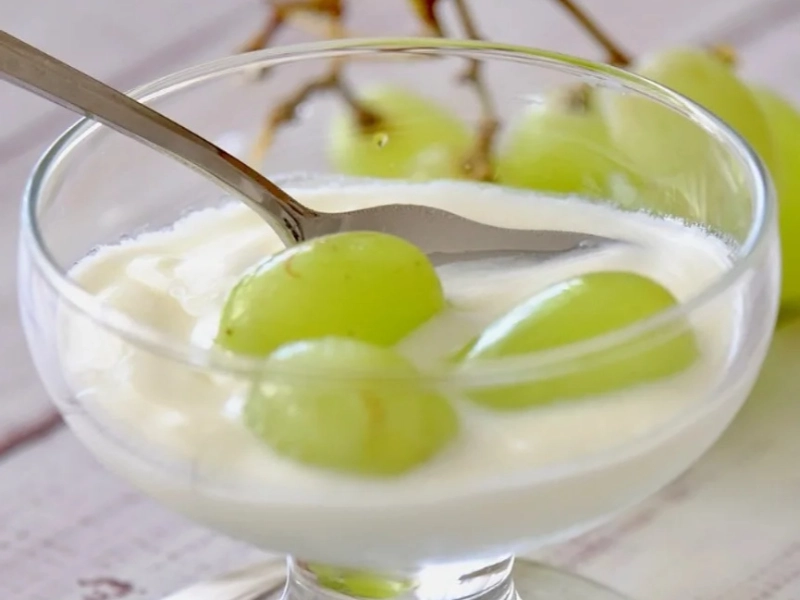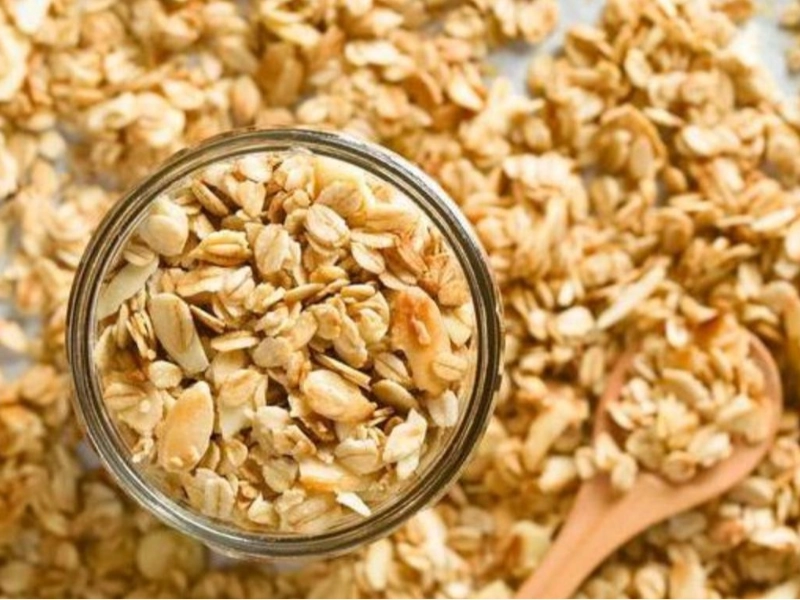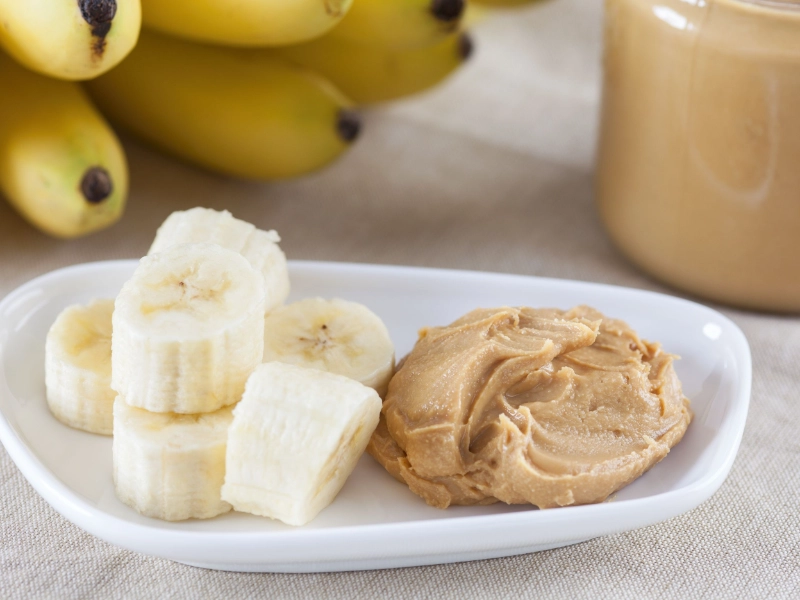Eating consistent meals and snacks fuels your body. A fruit smoothie or other carbohydrate-heavy snack might be an excellent option for less than 1 hour workouts. The body prefers carbohydrates as fuel for exertion; they also increase endurance. Muscle development depends on proteins, which also help recuperation; lipids offer a backup energy supply and control hormones that affect exercise performance.

 Whether your goal is to improve your fitness level or you are a top athlete, a fundamental knowledge of gym nutrition is essential. The correct fuel at the correct moment can improve performance, supply energy, increase muscular development and aid in recuperation.
Your body's main energy source is carbohydrates; proteins are absolutely essential for muscle development and repair. Important hormones affecting your workouts are regulated in part by fats. Before a workout, such a smoothie made with non-fat yoghurt, fruit and Sweet Kiwi cereal, or a sandwich with Revol Snax nut butter and banana on whole grain bread, combine carbohydrates and protein.
Additionally crucial is eating foods high in carbohydrates just after exercise. This promotes muscle repair and helps to replenish glycogen supplies utilised for energy during activity. Make sure you also sip lots of water, particularly if you are heavily sweating. Water should ideally be drank in close line to the amount you lose from sweating.
Whether your goal is to improve your fitness level or you are a top athlete, a fundamental knowledge of gym nutrition is essential. The correct fuel at the correct moment can improve performance, supply energy, increase muscular development and aid in recuperation.
Your body's main energy source is carbohydrates; proteins are absolutely essential for muscle development and repair. Important hormones affecting your workouts are regulated in part by fats. Before a workout, such a smoothie made with non-fat yoghurt, fruit and Sweet Kiwi cereal, or a sandwich with Revol Snax nut butter and banana on whole grain bread, combine carbohydrates and protein.
Additionally crucial is eating foods high in carbohydrates just after exercise. This promotes muscle repair and helps to replenish glycogen supplies utilised for energy during activity. Make sure you also sip lots of water, particularly if you are heavily sweating. Water should ideally be drank in close line to the amount you lose from sweating.
 Food fuels your body the same way petrol fuels an automobile. Your workouts will get better and your results will leap if you are eating the correct things at the correct times.
Try muesli or yoghurt topped with fruit and nuts for a meal heavy in carbohydrates. Snack quickly by grabbing a banana. Rich in simple-to-digest carbohydrates, they also provide a healthy supply of potassium, a mineral vital for fluid balance and muscle activity.
Once unfairly demonised, fats are actually vital for your health, particularly in relation to exercise. Your body burns carbohydrates then shifts to the calories from fat for fuel. The healthful, unsaturated fats found in olive oil, avocadoes and almonds are the ideal ones for doing out.
Food fuels your body the same way petrol fuels an automobile. Your workouts will get better and your results will leap if you are eating the correct things at the correct times.
Try muesli or yoghurt topped with fruit and nuts for a meal heavy in carbohydrates. Snack quickly by grabbing a banana. Rich in simple-to-digest carbohydrates, they also provide a healthy supply of potassium, a mineral vital for fluid balance and muscle activity.
Once unfairly demonised, fats are actually vital for your health, particularly in relation to exercise. Your body burns carbohydrates then shifts to the calories from fat for fuel. The healthful, unsaturated fats found in olive oil, avocadoes and almonds are the ideal ones for doing out.
 Hormones and growth factors the body releases help muscles heal while you sleep. Getting seven to nine hours of high quality slumber can assist guarantee that these systems run as they should. Give restful activities (such as a warm bath) and self-care top priority so that this crucial healing can occur.
A meal roughly one and a half hours before your exercise will give your body lots of energy for your next gym visit. This may be muesli with yoghurt or a little energy bowl created from a decent brand of low-fat yoghurt with berries and a little of honey, or a banana with peanut butter combining carbohydrates and lean protein.
Whatever your fitness objectives, knowing how food converts into energy and feeds your body for exercise will help you realise your best potential. Stay tuned for next pieces in our Understanding Gym Nutrition series on carb and protein-based fuelling for your exercises.
Hormones and growth factors the body releases help muscles heal while you sleep. Getting seven to nine hours of high quality slumber can assist guarantee that these systems run as they should. Give restful activities (such as a warm bath) and self-care top priority so that this crucial healing can occur.
A meal roughly one and a half hours before your exercise will give your body lots of energy for your next gym visit. This may be muesli with yoghurt or a little energy bowl created from a decent brand of low-fat yoghurt with berries and a little of honey, or a banana with peanut butter combining carbohydrates and lean protein.
Whatever your fitness objectives, knowing how food converts into energy and feeds your body for exercise will help you realise your best potential. Stay tuned for next pieces in our Understanding Gym Nutrition series on carb and protein-based fuelling for your exercises.